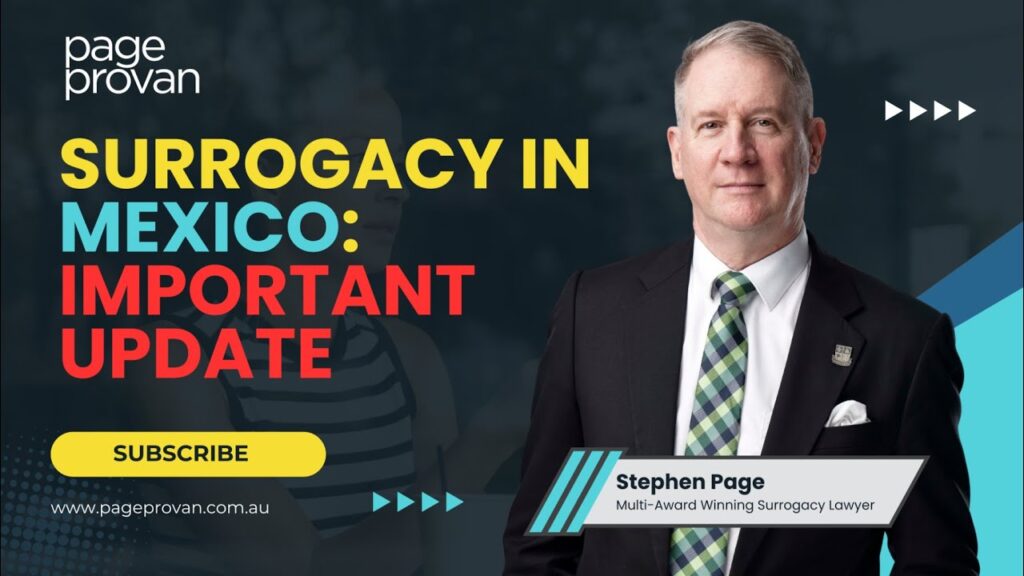HIgh Court: discussion of “sham”- “principled liberation of the court”
The High Court recently heard an appeal in Raftland Pty Ltd as Trustee of the Raftland Trust v Commissioner of Taxation by a taxpayer who riled against the decision of the trial judge that the transaction entered into was a “sham”.
Justice Kirby in a very useful separate (but not dissenting) judgment, summarised the law of sham in Australia.
This summary is useful for family lawyers, like this little Brisbane family lawyer, because sham is sometimes invoked in family law. The most common case would be when a party (often the husband) says that they does not own or control a certain property, which should therefore be excluded form the property pool, because it is owned or controlled by a third party, for example a trust controlled by that party’s parents.
As long ago as 1981 Sir Harry Gibbs said in Ascot Investments Pty Ltd v. Harper:
There is nothing in the words of the sections that suggests that the Family Court is intended to have power to defeat or prejudice the rights, or nullify the powers, of third parties, or to require them to perform duties which they were not previously liable to perform. It is one thing to order a party to a marriage to do whatever is within his power to comply with an order of the court, even if what he does may have some effect on the position of third parties, but it is quite another to order third parties to do what they are not legally bound to do. If the sections had been intended to prejudice the interests of third parties in this way, it would have been necessary to consider their constitutional validity.
The position is, I think, different if the alleged rights, powers or privileges of the third party are only a sham and have been brought into being, in appearance rather than reality, as a device to assist one party to evade his or her obligations under the [Family Law] Act. Sham transactions may always be disregarded.
Justice Kirby stated in Raftland:
(T)he focus is upon the mutual intentions of the parties as to their respective rights and obligations. The focus is not, as such, upon an assessment of the “broad substance of the transaction measured by the results intended and achieved or of the overall economic consequences”.
It follows that the primary value of sham analysis is that, where justified, it may rescue the decision-maker from being led by the nose into the artificial task of defining the legal rights and obligations of the parties by reference to their proved documents and related conduct alone, where extrinsic evidence demonstrates that they constitute a sham and were not intended to be effective or have their “apparent, or any, legal consequences”.
For a court to call a transaction a sham is not just an assertion of the essential realism of the judicial process, and proof that judicial decision-making is not to be trifled with. It also represents a principled liberation of the court from constraints imposed by taking documents and conduct solely at face value. In this sense, it is yet another instance of the tendency of contemporary Australian law to favour substance over form. As such it is to be welcomed in decision-making in revenue cases.












